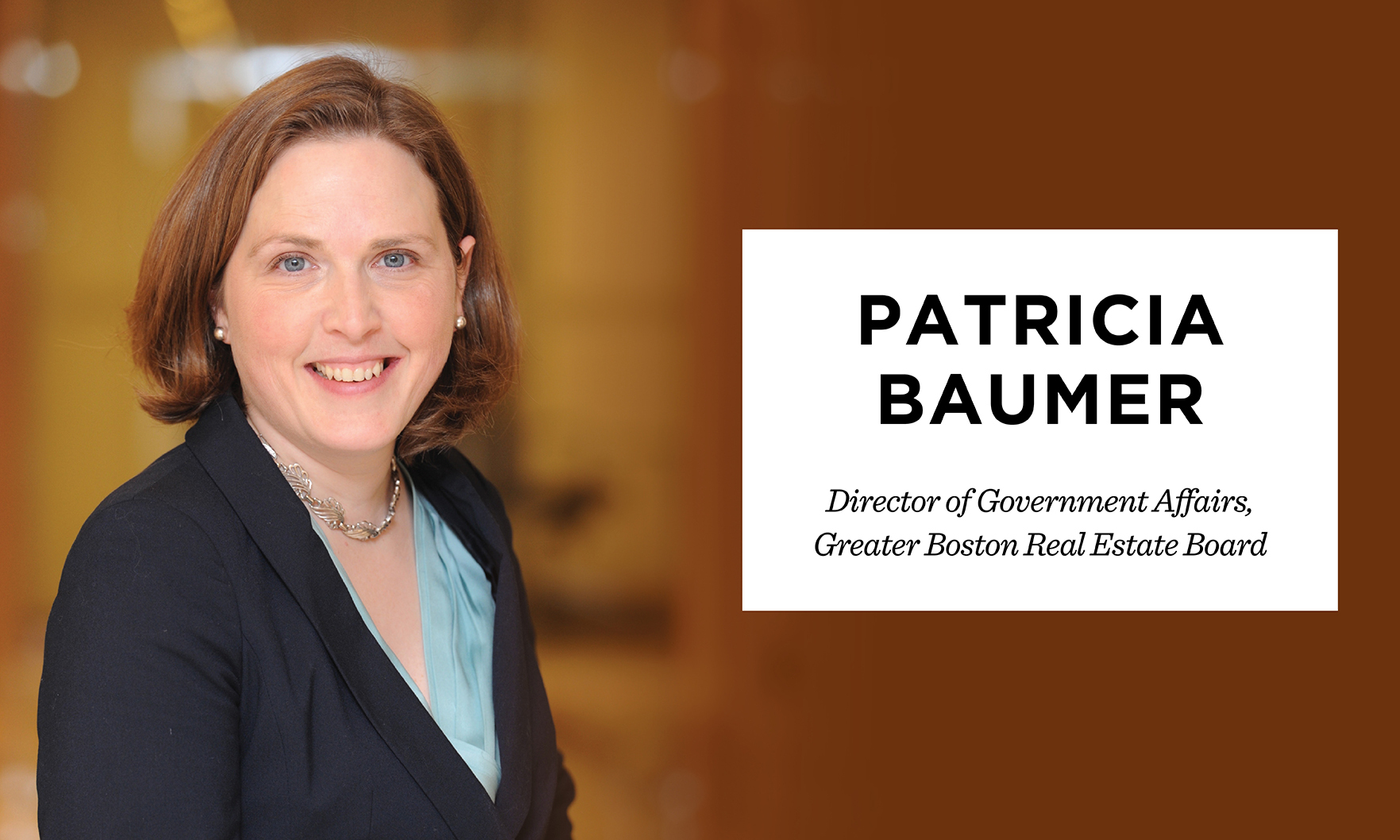Every corner of state has been touched by the housing crisis, and Realtors® are acutely aware of the shortage of inventory. A new home is simply out of reach for too many, causing people to flee Massachusetts for more affordable states.
So, why would our elected leaders consider passing a new law that would increase costs, decrease values, discourage production, and – according to the governor’s office – create just a tiny fraction of the affordable housing units needed across the Commonwealth, right?
Unfortunately, that is exactly what is being considered on Beacon Hill. Legislators are debating whether or not to approve new tax on the sale and transfer of real estate. Gov. Maura Healey’s $4 billion Housing Bond Bill includes the tax with the flawed belief that increasing taxes will lead to more affordable housing options.
Realtors® want meaningful solutions to the problem, but a sales tax on homes is not the way to achieve this. To help leaders across the Commonwealth understand this, the Greater Boston Real Estate Board collaborated with the Center for State Policy Analysis at Tufts University and BOMA International on the recent report, “Empowering Cities and Towns to Tackle the Housing Shortage.”
The report clearly illuminates the weaknesses of a new sales tax on homes in generating revenue for communities. Perhaps most pointedly, the report makes clear that the state of the real estate market dramatically impacts the level of funding communities can hope to generate from transfer taxes. Even in a healthy market, cities and towns that implement a 1% tax would lose 34 cents for every dollar they raise.
Fortunately, one tool already exists to create affordable housing that Realtors® have supported since its inception over 20 years ago: The Community Preservation Act (CPA). The CPA is a stable source of revenue that allows voters to decide for themselves whether to increase their own property taxes to fund affordable housing. Under the CPA, the burden would be paid for by the entire community, not just homebuyers and sellers.
All 351 communities in Massachusetts have this tool at their disposal now, which generates revenue on three areas: affordable housing, historic preservation, and open space and recreation.
But too many communities have failed to embrace the CPA as a way to produce more units. Overall, less than 20% of CPA funds have gone to affordable housing, while around 40% have gone to both historic preservation and open space each. More than a third of CPA communities have failed to invest even the minimum 10% of funds into affordable housing. Dozens of communities, meanwhile, have placed CPA funds in affordable housing trusts and failed to report how and when the funds are spent, even when they are mandated to do so.
Cities and towns have voted to adopt the CPA could lean into the housing issue now. This requires the political will to ask voters the tough questions about raising the property tax surcharge up to 3%, allocating more CPA money for affordable housing, or issuing bonds against the future CPA revenue stream. Communities that want more affordable housing but have not adopted the CPA, are missing out on revenue from the statewide Community Preservation Trust Fund, which is funded from fees at the Registry of Deeds.
In virtually every region of the Commonwealth, there is an inadequate supply of housing for our residents, but in no economic segment is this shortage more acute than for families and individuals of low and moderate income. 40B was established in response to the heightened awareness of fair housing created by the civil rights movement and in the wake of the 1968 Federal Fair Housing Act. Its purpose was, and remains, to address fundamental fair housing principles that are often overlooked through restrictive local zoning. Existing laws like 40B, 40R or 40S, which serve to reimburse cities and towns for the additional costs of educating new school-age children in smart growth districts, or new laws like Housing Choice Law present a real opportunity for cities and towns to create more housing. It is why Realtors® supported the passage of all these laws which get to the core of the housing crisis: A lack of supply.
Massachusetts needs creative housing solutions, and it needs it now. Investing in existing solutions will lead to a more secure, hopeful and prosperous future for all residents of the Commonwealth.
Patricia Baumer is director of government affairs of the Greater Boston Real Estate Board.


Enough is enough – we need to stand strong and fight this. We are paying enough.